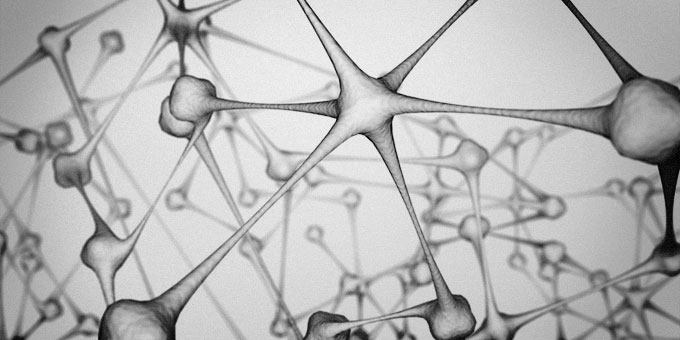Here are some things I've been reading that you might find helpful, informative, or inspiring. Bury My Son Before I Die. "I used to worry about Benjamin dying but now fifteen years in, I worry about him surviving beyond my husband and me. Only we have comforted Benjamin through daily seizures and seven surgeries. We are his one true voice. No one can understand Benjamin the way we do." Gut-wrenching and brutally honest. Read more
When You're Gone: Practical Planning for Your Child's Future. A helpful and thorough guide to the things special needs parents should do now to help their child after they're gone. Read more
The Obsessive Joy Of Autism. "If I could change three things about how the world sees autism, they would be these. That the world would see that we feel joy—sometimes a joy so intense and private and all-encompassing that it eclipses anything the world might feel. That the world would stop punishing us for our joy, stop grabbing flapping hands and eliminating interests that are not 'age-appropriate', stop shaming and gas-lighting us into believing that we are never, and can never be, happy. And that our joy would be valued in and of itself, seen as a necessary and beautiful part of our disability, pursued, and shared." Read more
Sesame Street, This is an Autistic Speaking. An adult with autism makes a heartfelt plea to Sesame Street to reconsider its partnership with Autism Speaks, an organization she feels stands in stark contrast to the inclusion and acceptance Sesame Street is known for. Read more
On Education and Communication; A Message to Parents, Professionals and People with Autism. A powerful, hopeful message from Ido, a young man with autism who, though once written off by teachers and therapists, is now proving them all wrong. Read more
I Am a Pushmi Pullyu. A 50-year-old with autism comes to grips with being both an extrovert ("Yes, you heard that right. I am an Autistic extravert, the creature some would assure you doesn't exist.") who struggles with social situations, sensory issues, and PTSD. Read more
Tips for Encouraging Joint Attention. Fun, easy ways to do just what the article title suggests. Read more
What I Wish Your Child Knew About Autism. Ten things one mom wants you and your non-autistic child to know about her son, Leo. Read more
Out of the Closet. Observations by Ido on all the children who are "new communicators," finding their voice through assistive technologies. Read more
And finally...
Mayor de Blasio and Speaker Silver Announce New Steps to Help Families of Students with Disabilities. Great news for NYC families — like ours — who have struggled with the DOE. Read more


 A lot is happening in autism science at the moment, especially in the areas of etiology and diagnosis. Here are some interesting articles I've come across in the past few months:
A lot is happening in autism science at the moment, especially in the areas of etiology and diagnosis. Here are some interesting articles I've come across in the past few months: Unfortuantely, my plans to develop a simple Web- and app-based autism evaluation tool for concerned parents has hit a snag: the
Unfortuantely, my plans to develop a simple Web- and app-based autism evaluation tool for concerned parents has hit a snag: the